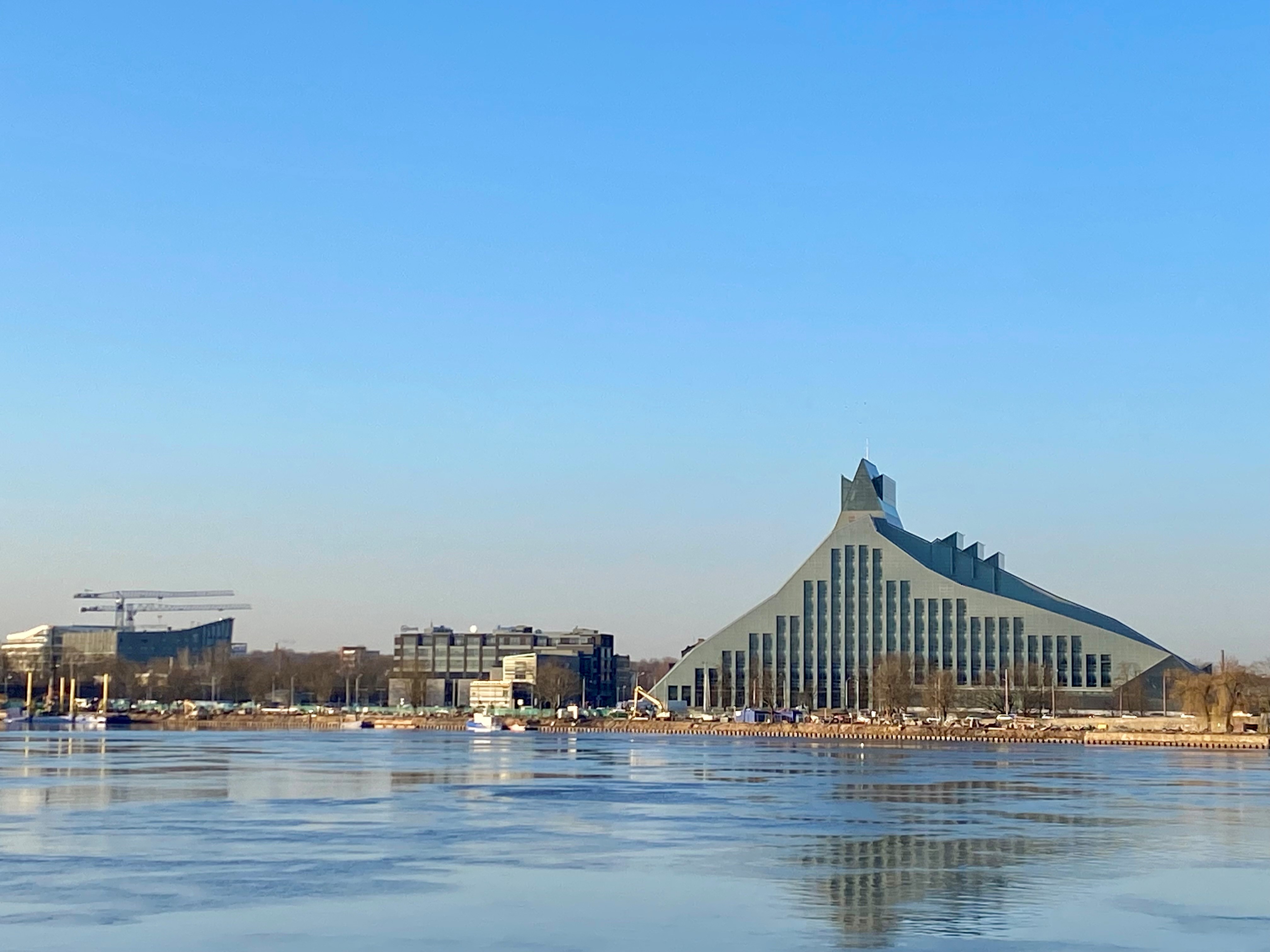Interreg Knowledge Fair in Riga - getting ready for the future of cooperation

date: 10/04/2024
The Interreg Knowledge Fair (IKF) is an important platform for cooperation programmes to discuss the future of cohesion policy. It is particularly relevant in the context of the post-2027 Multiannual Financial Framework (MFF), which is expected to be significantly influenced by new geopolitical realities and economic challenges.
Over 240 people gathered on the banks of the Daugava River in Riga on 5-7 March to discuss the implementation of cooperation and the future effectiveness of Interreg. Several Interreg programmes, as well as Interact, the Interreg Voluntary Youth, national authorities and representatives of the European Commission participated in the event, which took place at the Latvian National Library. More than 30 sessions took place over the three days, inspiring participants with knowledge to build a better future.
The event highlighted the benefits of cooperation, the economic potential of border regions, and the opportunities for neighbouring and candidate countries. Emphasis was placed on cooperation being essential for solving shared problems and building relationships, solidarity, and trust.
The plenary session on post-2027 discussed various challenges such as conflicts in Ukraine and Israel-Gaza, competition with China, and growing inequalities. Slawomir Tokarski, Commission director, underlined the importance of the IKF as a milestone for Post-2027 consultation, providing an opportunity to gather key lessons from the implementation of current programmes. These discussions will help build a solid basis for how cooperation can adapt and improve in the future.
The session also addressed the importance of the green and digital transition and the need for a performance-based approach in future Cohesion policy. Professor John Bachtler presented the highlights of the High-Level Group report, focusing on the development trap, climate change, simplifying management, and ensuring complementarities. The future of Interreg was discussed, including proposals for marketing, maintaining the current structure of policy objectives, and the possibility of Interreg becoming an independent cross-sectoral fund outside of Cohesion policy. It was concluded that a strong voice from the ground on Interreg, coming from stakeholders and citizens of the regions, can significantly influence future discussions and negotiations. This robust narrative is seen as a potential game-changer in the future of cohesion policy.
Participants agreed that Interreg has a unique place in the EU policy mix due to its distinctive features and EU added value. It is tailored to the unique strengths, challenges, and needs of European border regions or larger macro-regions and is implemented through cooperation. This approach allows it to contribute directly to EU integration and democracy. Cooperation is necessary to solve shared problems, generate new ideas, and remain united as Europeans.
Find out all the materials from the workshops: https://www.interact-eu.net/events/70
